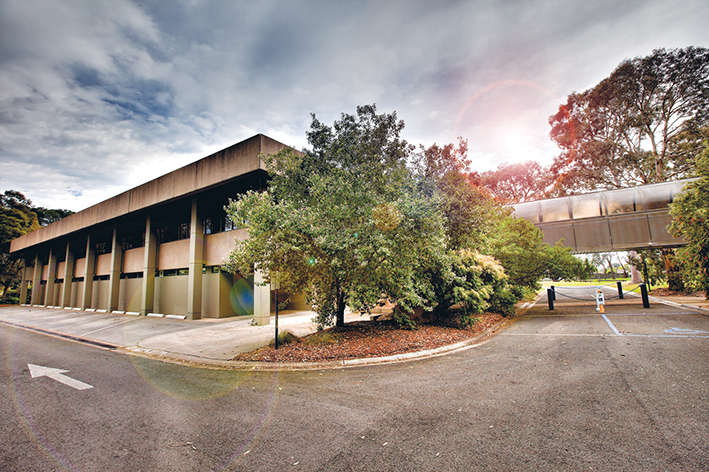MORNINGTON Peninsula Shire councillors will push for a compulsory lobbying policy to be created at local government level to improve transparency and best practice standards. Councillors voted unanimously at their 28 January meeting to call on the state government to introduce mandatory regulations for council officers and councillors state-wide as part of a lobbying policy to “help ensure transparency and accountability in decision making”.
Currently Victoria does not have any lobbying regulations at local government level, meaning influences could operate unchecked and potentially undermine public trust, particularly when councils consider multi-million-dollar development proposals.
Cr David Gill led the charge in proposing the notice of motion and called for the state government to act. “This is not about individuals, it’s about the system and the way it works and the way it should work,” he said. “The idea is to promote transparency and good practice. We should not have entities set up that can allow the possibility of lobbying without full disclosure. “We should be requesting the state government, who have the authority to develop a compulsory lobbying policy. We don’t have that ability.” Gill added, “there’s been no way illegalities anything that’s happened in the past, as far as we know”, but “transparency has to be improved, and our community has to have more confidence that we are intent on getting the best system possible”.
In October 2023, the state government announced it would introduce “sweeping integrity reforms, strengthening the state’s lobbying laws” and “increasing transparency and accountability of lobbying activities at state and council levels”. It comes after the Independent Broad-based Anti-Corruption Commission published a report in 2022 where it “identified several areas of risk in relation to donations and lobbying, as well as opportunities for regulatory improvement”. It called on the state government to introduce legislation to regulate lobbying at both the state and local levels of government, as well as the government reviewing the existing regulations for political donations to improve transparency and accountability at both the state and local levels. Under existing rules, lobbyists must apply to the Victorian Public Sector Commission to be registered on the Victorian Register of Lobbyists, and are bound by a code of conduct, but this is not the case at local government level.
Gill said he had moved similar motions in the past about lobbying, noting that “what this council is concerned about is land development, but also lobbying in general,” and if “it’s legal, it’ll keep happening”. But he maintained that council would not look to ban lobbying or donations all together, “but to ensure that they’re transparent and people held accountable”. “There shouldn’t be any opaqueness about who is giving money, who receives it or anything else in kind. It should be there and open.”
Cr Kate Roper agreed, noting “public trust in all levels of government is pretty low”. “I think anything that gives the public transparency; when they’re choosing who they want to represent them, is a good thing, so I’m happy to support this,” she said.
“Save Our Seat” spokesperson Kylie Greer, whose group is fighting a $25 million redevelopment of Arthurs Seat Eagle, supported the shire’s motion and its principle but made no suggestion the Eagle proposal had employed lobbyists. “Community groups who are fighting inappropriate developments have the odds totally stacked against them,” she said. “In our case, we are up against two high-powered and influential businessmen who have managed to get their development application fast-tracked, by-passing council. “They can afford expensive PR, planning and other consultants, while community groups have to battle every inch of the way. “Any move to make lobbying activities more transparent can only be a good thing for community groups such as ours and for the public.”
Mayor Cr Anthony Marsh also supported the motion after shire’s internal lobbying policy created in October 2022 “basically got watered down to only include registered lobbyists, which is a pretty low bar”. He said as a minimum, consideration must be given to development and planning, “which is clearly a problem in councils, if you were to look at where these influences have been a problem in the past, politics as well. “I think developers are not the only one to be worried about that there, but also opponents. So, I’m only supporting in the sense that I want those things to be considered and not overlooked because in our last round that we did this lobbying policy, it basically became a pointless policy.”
A state government spokesperson confirmed lobbying reforms were currently being considered for local government. The Municipal Association of Victoria said it could not comment on lobbying in general but when it did receive the shire’s motion, it would be considered at a meeting in May with 79 delegates from each council state-wide where they would vote on the matter.
First published in the Mornington News – 11 February 2025




